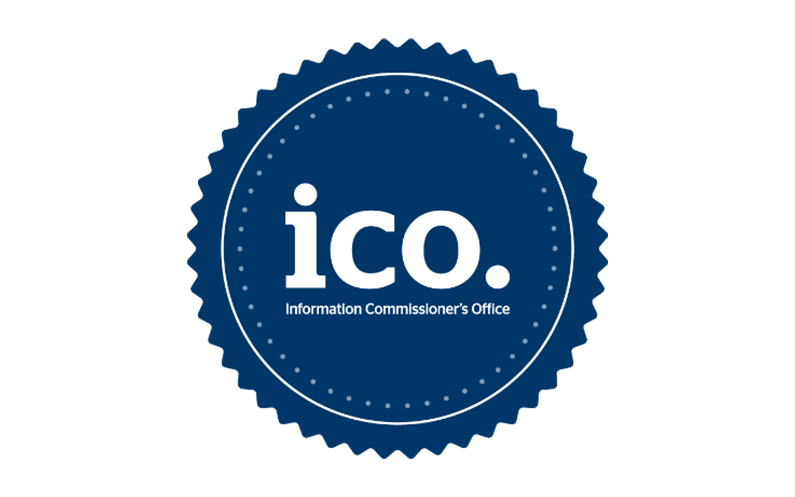To shed light on the nuanced differences between content writing and copywriting, we’ve gathered insights from six industry professionals, including Senior Editors and Directors of Content. From understanding how content engages, copy converts to information vs. persuasion, this article provides a range of perspectives to help clarify this often misunderstood distinction.
- Content Engages, Copy Converts
- Building Foundations vs. Flashy Billboards
- Building Relationships vs. Prompting Actions
- Relaxed Readers vs. Influenced Actions
- Attraction vs. Sales Tactics
- Information vs. Persuasion
Table of Contents
ToggleContent Engages, Copy Converts
Content writing can be informational or entertaining, and while copywriting can too, its main purpose is to drive conversions for your business. In other words, hiring a skilled content writer can turn a blank page into engaging words, but hiring a skilled copywriter can turn engaging words into sales.
Scott Sidders, Co-Founder, Scott & Yanling Media Inc.
Building Foundations vs. Flashy Billboards
Picture this: Content writing is the foundation of a beautiful building, sturdy and informative. It’s the bricks and mortar that hold everything together, offering a strong structure of information and value.
On the flip side, copywriting is like the flashy billboard outside that building, screaming, “Hey, you! Check this out!” Copywriting is the art of persuasion, enticing people to take action, whether it’s buying a product, signing up for a newsletter, or clicking a button.
So, content writing informs and educates, while copywriting seduces and sells the experience. They’re both crucial ingredients in the writing kitchen, just serving different purposes on the plate.
Gabrielle Yap, Senior Editor, Carnivore Style
Building Relationships vs. Prompting Actions
Content writing is about informing and engaging readers; think of it as building a relationship. It’s the storytelling friend who wants to make sure you know the full picture. Copywriting, on the other hand, is the persuasive one in the group, aiming to prompt immediate action, like buying a product or signing up for a newsletter. It’s the difference between a compelling article and a catchy ad slogan.
Alex Stasiak, CEO and Founder, Startup House
Relaxed Readers vs. Influenced Actions
For most subjects in content writing, the reader is in a more relaxed state, looking to be informed without necessarily having a need to make a purchase. Copywriting is created in a way that influences the reader to take an action. Sure, there is a crossover between the two, but understanding the reader’s state dictates how the content is written.
Jason Vaught, Director of Content, SmashBrand
Attraction vs. Sales Tactics
Content writing attracts; copywriting sells. When I sit to write a blog, I’m focused on educating and engaging the audience. That’s content. It’s more passive in terms of marketing. On the other hand, copywriting encourages the audience to take action. For example, a crafted email sequence that persuades readers to purchase a product would be considered copywriting.
Olivia De Santos, Pet Copywriter and Canine Coach, Writer’s Pet
Information vs. Persuasion
Content writing is primarily focused on providing valuable information, engaging the audience, and educating or entertaining readers. It aims to inform and engage, often with the goal of providing in-depth knowledge on a particular topic or subject. Content writing is commonly found in blog posts, articles, white papers, and other informative pieces.
Copywriting, on the other hand, is focused on persuading the audience to take a specific action, such as making a purchase, signing up for a newsletter, or clicking on a link. It is designed to be persuasive and drive conversions. Copywriting is commonly used in advertising, marketing materials, product descriptions, sales pages, and promotional content.
While both content writing and copywriting require strong writing skills, they serve distinct purposes within the realm of content creation and marketing. Content writing informs and engages, while copywriting aims to persuade and convert.
Madison Tong, Marketing Analyst, My Supplement Store

